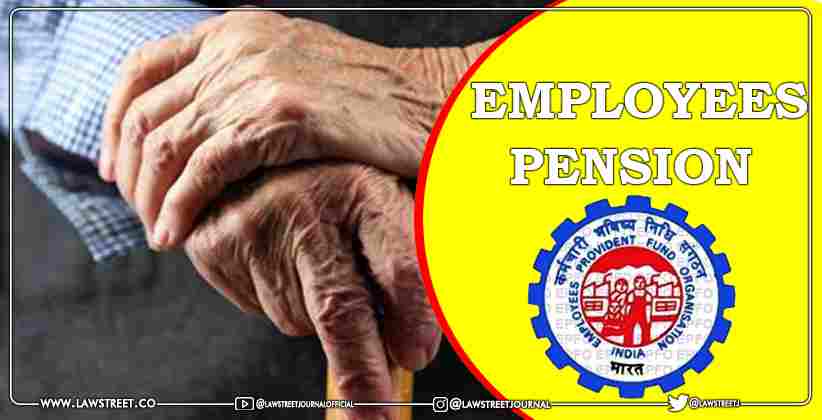On Monday 30thAugust 2021, the Madras High Court observed that for a woman to claim the benefits under the EPF (Employees Pension Fund) scheme after her husband has died it is necessary for her to lodge an FIR and show police certificate as to whether her husband is alive or not.
According to Section 16 (5 ) (aa) of the Employees Pension Scheme 1995, in case of non-nomination, the father of the deceased would be entitled to get full pension and in the event of death of the father, mother would be entitled for the pension till she survives.
A single bench of Justice S Vaidyanathan made this observation while disposing of a writ petition filed by a woman S Revathi, who was seeking the pensionary benefits under the Employees Pension Scheme after her son died.
The petitioner S Revathi pleaded to the court to give directions to the EPF authorities to release to her the pensionery fund nominated to her by her son.The woman after her sons death prayed to the court for her funds without insisting on her husbands particulars.Her husband had deserted the family in 2005
The counsel for the EPFO told the bench that in terms of 16 (5)(aa) of the Employees Pension Scheme 1995 , in case of non-nomination, the father of the deceased would be entitled to get full pension and in the event of death of the father, mother would be entitled to pension till she survives.
He further submitted that the writ petitioner should have filed FIR pertaining to the complaint given by her on account of missing of her husband and if his whereabouts are not found, she ought to have obtained certificate from the police, thereafter produce the same in order to enable the EPF authorities to process the papers and extend pensionery benefits to the petitioner S Revathi. Since, the same has not been done, EPF will not be in a position to release any amount against the provisions of pension scheme 1995.
The Petitioners(S Revathi) counsel Advocate M.Balamurualikrishnan voiced the apprehension that the police may not entertain the complaint now as the petitioner's husband deserted her 15 years ago.
To this, the bench observed that the petitioner should have obtained the clearance from the police to claim the benefits. It noted that as per the scheme, the father of the deceased is entitled to pension and in the event of demise of the Father,Mother-wife is entitled to pension till she is alive.
The Bench stated: "Since, the deceased is a Bachelor, the writ-petitioner S Revathi ought to have given the complaint on missing of her husband and ought to have obtained a certificate from the police, in order to get pensionery benefits, but the same has not been done".
To redress the grievance and to come to a conclusion, the Court allowed her to make a complaint before the police with respect to the missing of her husband within one month from the date of receipt of the copy of the court order.
"The police officers should accept such a complaint when it is made by the petitioner, and that they are to verify and issue a certificate as to whether the person is alive or not traceable", the bench directed.
The bench further directed: "On a production of said certificate, writ petitioner ,who is the mother of the deceased shall be extended with the pensionery benefits, as the narrow interpretation of Section 16 (5)(aa) cannot be given, more so, in the peculiar circumstances of the case."
Case Title: S Revathi v The Regional Provident Fund Commissioner, EPFO, Chennai.
Appearances: Advocate M.Balamurualikrishnan for the petitioner; Advocate K Ramu for EPFO.








